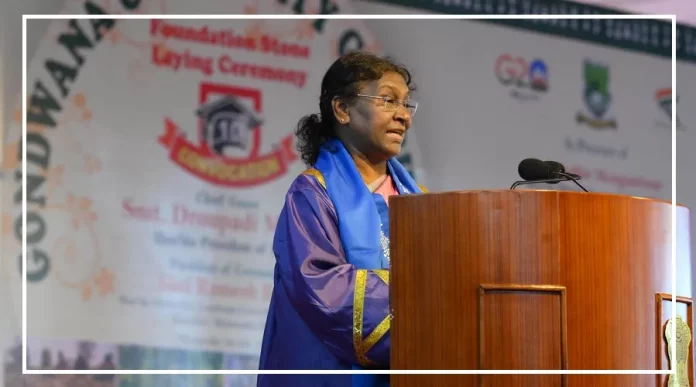The Delhi Services Bill, initially introduced during the Monsoon session, has gained legal status after receiving approval from both the Lok Sabha and the Rajya Sabha, and subsequently obtaining the President’s assent.
The Government of India has issued an official notification regarding this significant development.
Background and Ordinance Outcome
Previously, the Home Ministry issued an ordinance to place the service sector in Delhi under the authority of the Lieutenant Governor.
This ordinance aimed to formalize the transition. Subsequently, a bill was presented in the House to provide proper legal backing to this ordinance.
Key Highlights of the Delhi Service Act
1. The National Capital Civil Services Authority (NCCSA) will manage the transfer and assignment of officers within the Delhi government.
This authority includes the Chief Minister as its chairperson, alongside the Chief Secretary and Home Secretary as members.
This structure ensures collective decision-making, preventing the Chief Minister from unilateral actions.
2. The NCCSA will propose a selection of names to the Lieutenant Governor for appointments to various Boards or Commissions established by laws passed by the Delhi Legislative Assembly.
Final appointments will be made based on this list of recommended candidates.
3. The Chief Secretary will now assess the appropriateness of cabinet decisions, determining their legality.
4. If the Secretary determines that a ministerial order lacks legal validity, they can decline to comply with it.
5. Following the ordinance, the Vigilance Secretary is now solely accountable to the Lieutenant Governor, rather than the elected government.
6. In cases where the Chief Secretary deems a cabinet decision unlawful, it will be referred to the Lieutenant Governor.
The Lieutenant Governor possesses the authority to overturn cabinet decisions under this provision.
7. Control over officials working in Delhi previously held by the elected Delhi government has transitioned to the central authority through the Lieutenant Governor.
These changes mark a significant shift in the governance structure of Delhi, with centralization of certain powers now resting with the Lieutenant Governor.
